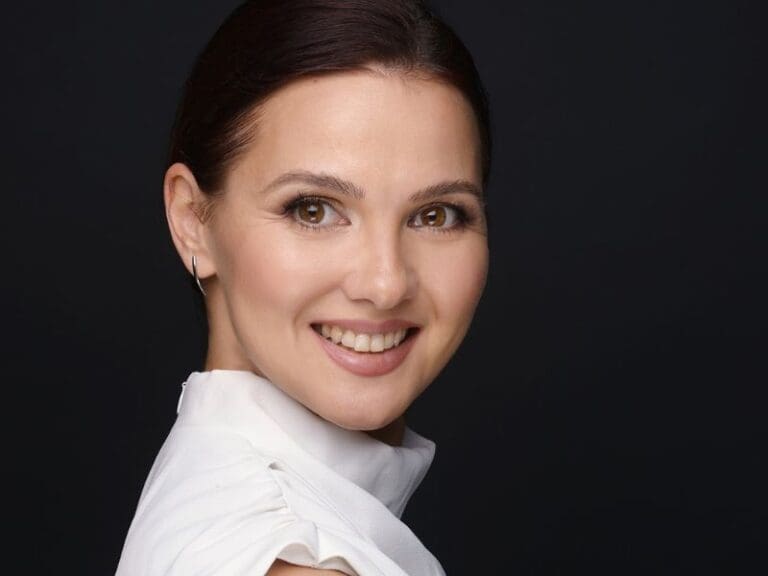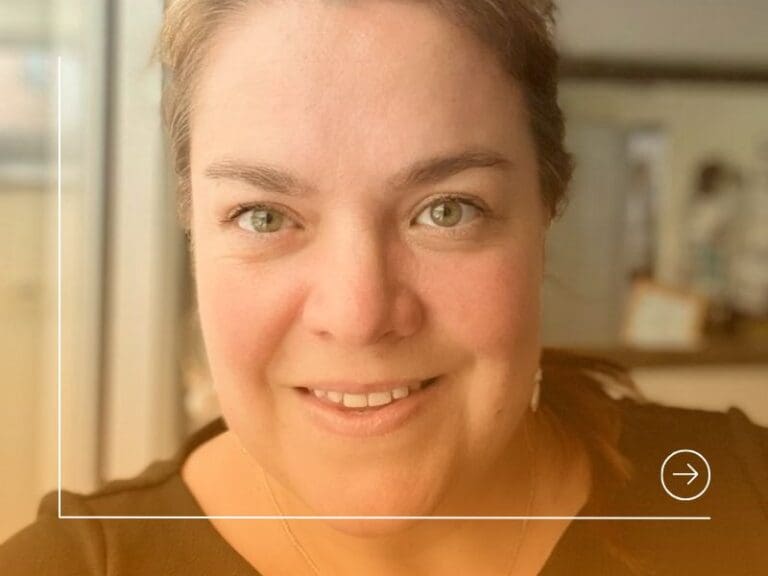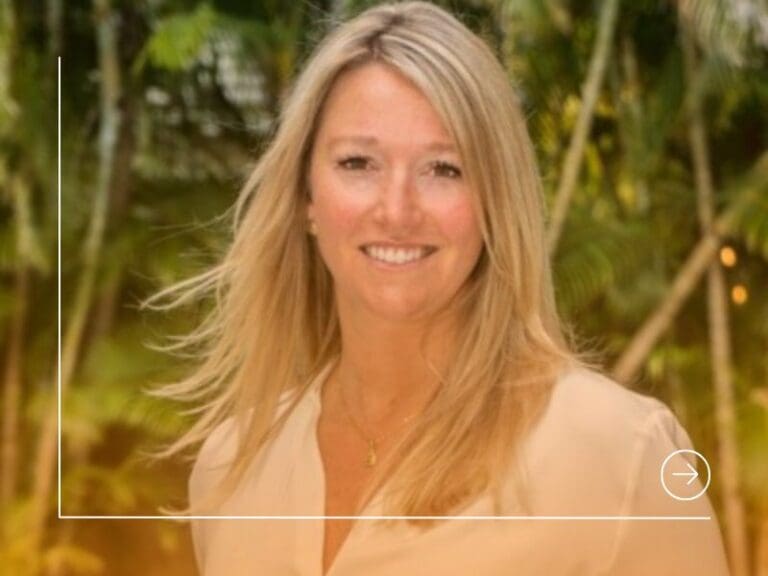Dragana Čalija is an awarded magnetic intelligence leader and an angel investor who started her software development company, Saint D, 12 years ago in Serbia.
The business has since expanded and now operates from Serbia, the UK, and Switzerland.
She is a pioneering woman IT entrepreneur who has made remarkable contributions to the field of technology in Serbia. Though her background lies in software engineering, the true passion has always been entrepreneurship. In the initial stages of establishing the company, Dragana had a parallel role as a teaching assistant at the Faculty of Technical Sciences. After four years of outsourcing, during which the company achieved considerable success, she made a bold move to invest in a startup OrderEngine that gained traction in the small yet tech-uneducated Serbian market. Upon successful completion of the testing phase in Serbia, with a Global Talent Visa, Dragana successfully led the expansion of OrderEngine to the UK, where the product was accepted into the UK Department for International Trade’s Global Entrepreneur Programme.
Dragana’s remarkable achievements were duly recognized through numerous awards and accolades. She is also committed to empowering other women to shatter barriers and make a mark in the world by sharing personal stories and taking place in various conferences and panels. Serving as an inspiring role model for young women, Dragana is constantly demonstrating that they too could successfully lead and manage their own businesses.
How did you land your current role? Was it planned?
Establishing my own IT company wasn’t so much a planned career move as it was a natural extension of who I am. Even during my software engineer studies, I leaned towards the skills that were not part of the standard curriculum, such as entrepreneurship, leadership, management and similar. After working in several corporate roles, I realised that my personality and desire for a more flexible work dynamic naturally led me to start my own company. Unlike those who thrive in a 9 to 5 job, I found that fixed working hours limited my potential. So, when I felt the time was right, I took a leap. I had no funding, no safety net, and no guarantees, but the freedom and to make my own decisions was what kept me moving forward. Founding Saint D in 2013 was both a challenge and a liberation. I didn’t just want to build a business, I wanted to create the kind of company culture I couldn’t find anywhere else.
What are you most proud of in your career, so far?
I’ve had many moments to be proud of, securing our first major international clients, expanding Saint D to the UK, bootstrapping and launching our own product, OrderEngine, winning multiple awards and recognitions. But if I had to choose, I’d say I’m most proud of the culture I’ve built. I created a company where people feel seen, safe, and motivated to do their best work. We have over 90% employee retention, and many of our team members have been with us from the very beginning. That kind of loyalty doesn’t come from perks, it comes from building a culture people want to be part of.
What characteristics an entrepreneur should have and how would you encourage more women to pursue it?
Entrepreneurs need to be versatile, ready to learn, and comfortable wearing many hats, from legal to HR to strategy. You don’t need to master everything, but you do need to act fast, adapt quickly, and make informed decisions under pressure.
This path isn’t for those who need structure or fixed hours. It takes ambition, resilience, and a mindset that sees problems as growth opportunities. Emotional strength and letting go of ego are just as important as skills.
To every woman with a business idea, my advice is: go for it. Be brave and believe in yourself. It’s a message women don’t hear often enough, and one we need to remind each other of, every chance we get.
Has anyone ever tried to stop you from learning and developing in your professional life, or have you found the tech sector supportive?
When I was starting my IT company as the first sole-female founders in Serbia, there was a much stronger tendency to label women, both in the IT sector generally and in leadership roles. While stereotypes about women in this industry still exist, things are slowly but steadily changing. Tech is still a male-dominated field, and as a woman, you need to put in extra effort to prove yourself, both in terms of technical expertise and leadership ability. In the early days, before I built a reputation, it was challenging to gain the trust of potential clients and convince them that I was more than capable of delivering on my promises.
Entering the world of work can be daunting. Do you have any words of advice for anyone feeling overwhelmed?
Feeling overwhelmed is completely normal, especially at the start of your career when everything is new, and the pressure to prove yourself is high. One common mistake is to push yourself through every day, without finding the time to rest. Spending 7-10 days a year to recharge during the holiday is not a good practice in the long run.
Instead, try to build regular moments of rest and joy into your everyday routine, before the overwhelm turns into burnout. The key is to treat this time as non-negotiable, put it in your calendar the same way you would a work meeting, even if it’s just 30 minutes a day.
This isn’t a luxury, it’s a necessity. Such routines help you keep yourself grounded and gives you the energy to more effectively face challenges at your job. The earlier you build these habits, the more sustainable your career will be.
Did you have a mentor during your career and do you think it is important to have one?
Unfortunately, I’ve never had a true mentor, particularly in the early stages of my career. Looking back, I believe that having an advisor, mentor, or even a co-founder is especially valuable when you are starting out as a sole founder. In the early stages the decision-making process can be complex and overwhelming, and having someone to exchange ideas with or simply offer a second opinion can make a significant difference.
Leveraging a mentor’s experience not only brings new perspectives but can also accelerate your processes and help you avoid common pitfalls. When you’re navigating it all alone, every decision takes more time because you’re trying to minimise risk and avoid mistakes. Having someone who has gone through a similar process and experienced many trials and errors can be incredibly valuable in the early stages of your entrepreneurial career. Such experience often cannot be found in books and is more valuable than anything you could read.
What advice would you give other women wanting to reach their career goals in technology?
Focus your energy on your goals and align your actions to support the path you’ve set. It won’t always be easy, there will be noise, doubts, and negativity, but try to tune it out and stay connected to your vision. Be patient, and be committed to what you want.
You’ve probably heard it before, but it’s worth repeating: allow yourself to try, and allow yourself to fail. Failure is difficult, but it teaches lessons that success often can’t. The fear fades, the learning stays.
Every opportunity, every setting, is a chance to observe, listen, and grow. Pay close attention to people, patterns, and decisions. There’s so much to learn if you stay curious. And above all, don’t dismiss your gut feeling. Some of the best decisions come from thorough data analysis; others come from instinct. The key is knowing when to trust each.








